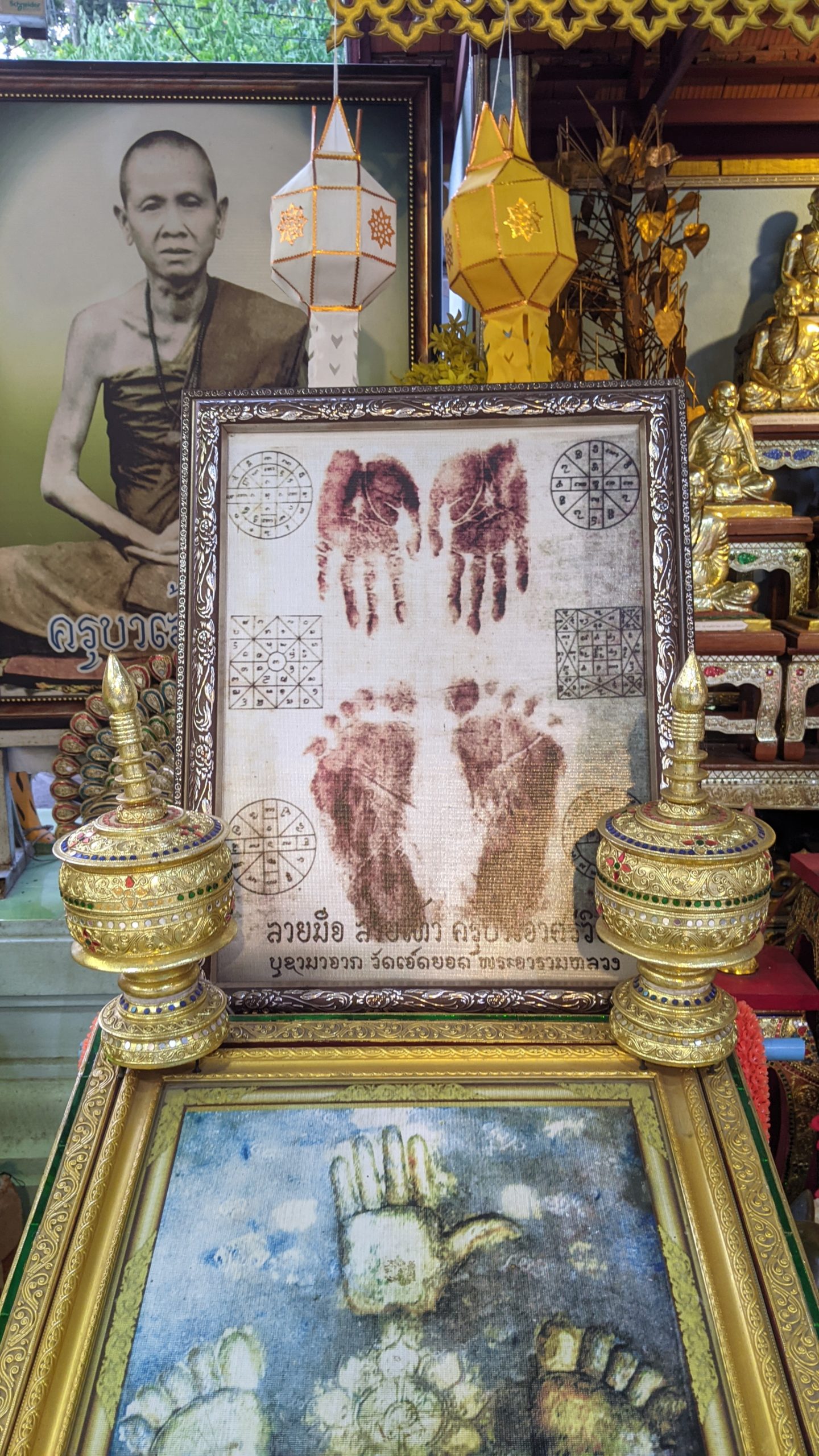
There’s something we don’t like about magic in mainstream society, specifically globalized capitalist society with its whole bundle of Western influence. There exists the sentiment that anything that cannot be measured or described in objective language is either illegitimate, superstition, or both. It’s in this attitude that people often find themselves caught. It’s what our professor has called “a myth of demystification”. Many of us think ourselves above the sort of thinking that lends supernatural power to unseen forces. We go on thinking so even though our behavior doesn’t fall in line.
All over the place we can see ourselves holding to acts of faith investing in mythos. There’s the myth of materialism, that once the body is destroyed as is the mind. Death is a state of oblivion. There’s the suspicion that we are always being watched, tracked, and preyed upon by subtle and not-so-subtle forces that lord over our existence (corporations, NSA, Russia, etc.) And then there are the countless hidden beliefs. The little stories we hide from others so as not to incur their doubt, ridicule, or simple curiosity. We don’t like to admit to these tales. The secret conversations with god(s), our dead relatives, nature, or some underlying principle that we may only call “the universe,” or “the cosmos.” These friends of ours may take shape as signs, someone’s act of kindness, or strange coincidences.
Sometimes we weave meaning into numbers, into relationships, or the way a rainbow happened to appear the morning after a dark night. These bits of meaning come into being in our minds, it causes us to behave in certain ways. This can be easily seen with regard to the behavior of reverence some people treat people or things with. Whether that reverence be expressed through word, action, or material adornment is another matter. It’s apparent in politics, with the marvel universe, Instagram influencers, religion, and other things.
It comes back to this matter of reverence. In a way, lending this attitude of respect to forces that go unseen, whether the hidden sway of political forces or the ephemeral exultation one feels in response to coming into contact with something greater than themselves (whether this be God, a social movement, or one’s ancestors may, in fact, be beside the point), this mindset serves a function. Our conduct adapts to the state of our mind, the quality of our hearts. If we move forward looking through a lens of respect, our experience completely changes.
It’s felt by many that the heart is a powerful thing. Whatever remains within it seems to shape reality. Harnessing this power in a conscious way, with this attitude of respect, is one way of engaging in the assertion of one’s will over their own life. It’s the opportunity to make effective choices.
All this leads to the necessary means of living.
Thank you for reading and take care,
-Alex Davis

